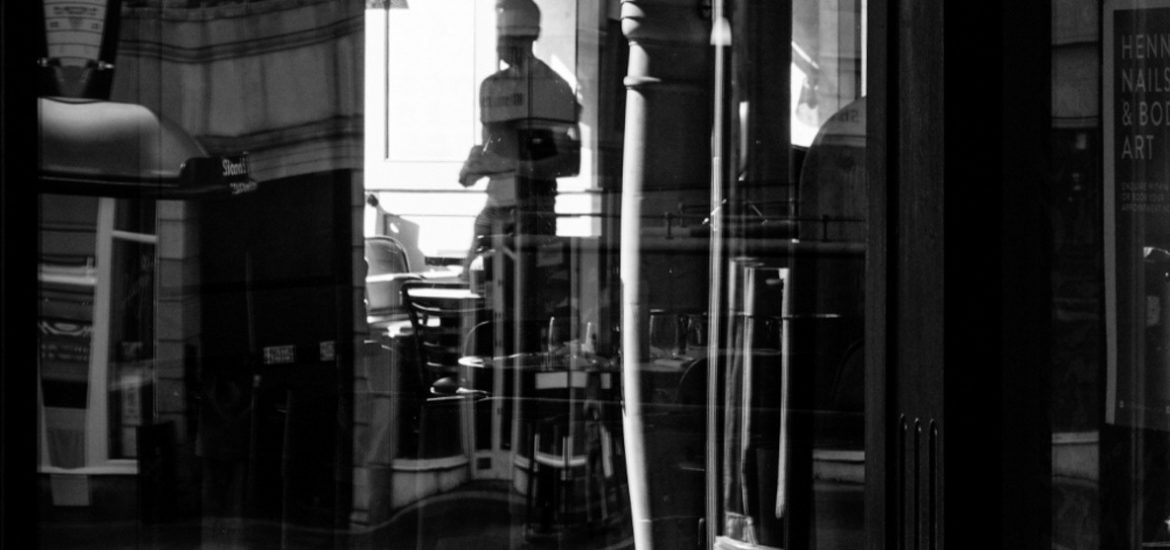
Becoming a successful professional photographer requires more than just being able to shoot a pretty sunset or stunning portrait. It’s about how you run your business.
Perhaps I should start by discussing what I mean by successful. It’s not about fame. Nor is it about earning lots of money. Those are just by-products of success. For the purposes of this article, a successful photography business is one whose photographic work is of a quality that satisfies their clients, and who can run a business that keeps those clients happy. Hopefully, it will be a useful read for potential clients searching for a professional photographer too.
There is plenty written already about taking great photos. So, this is all about running a business. The secret to doing that well is working on your reputation.
It Takes Time to Get a Good Reputation
People are savvy. They’ll check a business history and if it has run successfully for more than a couple of years, it’s a good sign that it is reputable. Many photographers give up in the first year or two, especially if their photography or business management skills are not up to standard. Professional photographers often only turn a profit in their third or fourth year of trading. So, it takes dedication to succeed.
Saying that, the duration of a business is not the whole story.
All great photographers start somewhere, and there are some superb start-up photography businesses I happily recommend, and I’ve passed on work to them. Similarly, I know some established photographers whose work I don’t consider to be up to scratch.
When it Goes Wrong
When was the last time you had great service from a business? How many people did you tell? Compare that to the last time you had a really bad experience. Statistically, bad experiences get retold ten times more than good ones.
Consequently, if things go awry, and they will, a good business will make sure it does everything it can to rectify that wrongdoing and change that bad experience into a good one.
Word of Mouth and Online Reviews
The world has changed from the days when what mattered most to a business was word of mouth. It’s still important for photography, but it has also evolved. The last twenty-five years have seen the emphasis on internet reviews, but consumers are becoming more cynical about those. Online reviews are a great way to share opinions, but they are also falsified, both by the business leaving positive reviews for themselves, and by competitors leaving bad ones.
Many businesses will receive some negative reviews; things do go wrong. People read the 1 and 2-star reviews more than the 5-star ones. They then pay attention to how businesses respond to complaints. Your reaction to criticism makes a difference in how potential clients will view your business.
After being engaged by a client, always ask them to do you a favor by leaving a review, and they most likely will. It takes moments and, over time, makes a huge difference. Future customers will read the positive, indifferent, and negative reviews to get a good feel for your business.
SEO
Once you start advertising your business online, you will be inundated with spam emails offering to boost your Search Engine Optimization (SEO). Ignore them. They cannot deliver what they are promising.
When you first start out in your business, the chances are that you will not be well known. You’ll have a brand-new website that is populated with your best work, but not many people will visit it. Additionally, because your website presence is new, it will be penalized by Google. There’s no quick fix for this, and those who try to cheat it will get caught out.
There are basic SEO rules you can follow when setting up your website, and your web developer should know these, and then the rest is down to time, keeping the site up-to-date, promoting your hard work, and getting linked to from other websites. Appearing on the first page of Google doesn’t mean your business is worth engaging. It just means you have got your SEO right.
Online Behavior
How you behave online will impact your business too. On an article I published here recently was a nasty comment. It wasn’t a constructive counterargument to my opinion, which I would have enjoyed, just a mean statement. What surprised me was it was made by another professional photographer who runs a studio. What kind of advert for their business is that? Would I ever use or recommend their services? Would I offer them an interview to help boost their profile? Nope!
Procurement managers carry out research, discovering all they can about their potential suppliers. That studio would potentially lose contracts because of the mean comment made by the owner.
Being kind to others online pays off, being mean will cost you.
Working For Free
Especially for the start-up photographer, it is tempting to do pro bono work to get a good local reputation. It’s something I recommend doing with caution. By giving work away for free, photographers are raising the expectations that professional photography is available at no cost. That undermines the industry. Furthermore, it’s not a prize when your picture is used for free by another business to help boost their profits. You are just being taken for a mug. That’s not good for your reputation.
Recently, I was approached by a local authority to let them use for free a photograph that I sell as a limited-edition print. They wanted it for a new display board in their town square. The display board itself cost more than I paid for the last lens I bought. Yet, they were not prepared to pay a local business to provide a photo. Of course, I declined.
Nevertheless, we all have our pet causes that we support. If you are going to give away your work, then that’s where to give it. There’s nothing wrong with offering free or discounted work to local charities and organizations that you believe in. But, ask them to do a press release about your collaboration. In that way, you both get something for free.
Treat Your Suppliers How You Would Like to Be Treated
I have a couple of former business customers that I politely turn away when they approach me for work. Why? One of them was rude and unreasonable, the other was always late paying their bills. I don’t need their work. Furthermore, I won’t ever use their services, neither will my friends.
Your suppliers may also be your potential customers. Simple things like paying those suppliers promptly, and being courteous and friendly to their staff result in greater respect for you.
In Conclusion
If you are good at what you do, then your business will grow. Being successful means offering first-class customer service. Every client should walk away feeling that you have gone beyond what they asked for. People will soon get to know that you can deliver what they want, and they’ll come back time after time.
Do you run a photographic business? Have you got any hints or tips to pass on to others setting out on a journey to becoming a professional photographer? Have you had good or bad experiences with professionals? It would be great to hear about your experiences.
